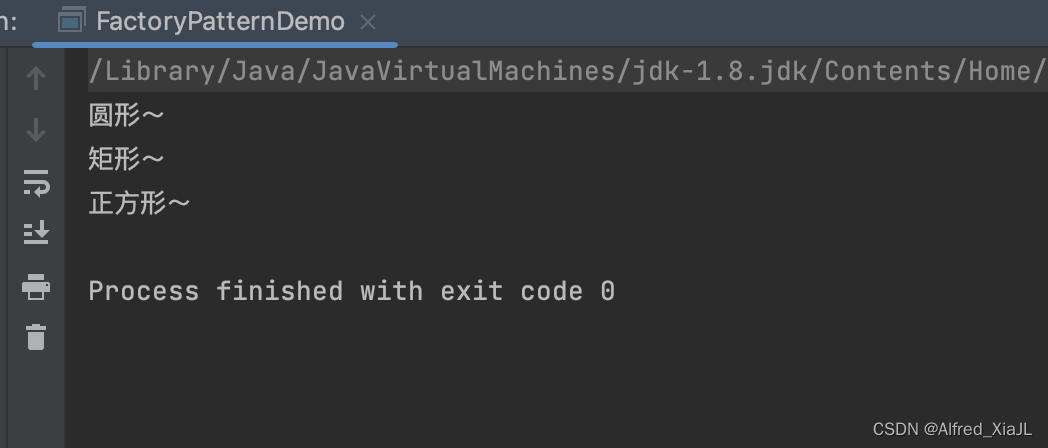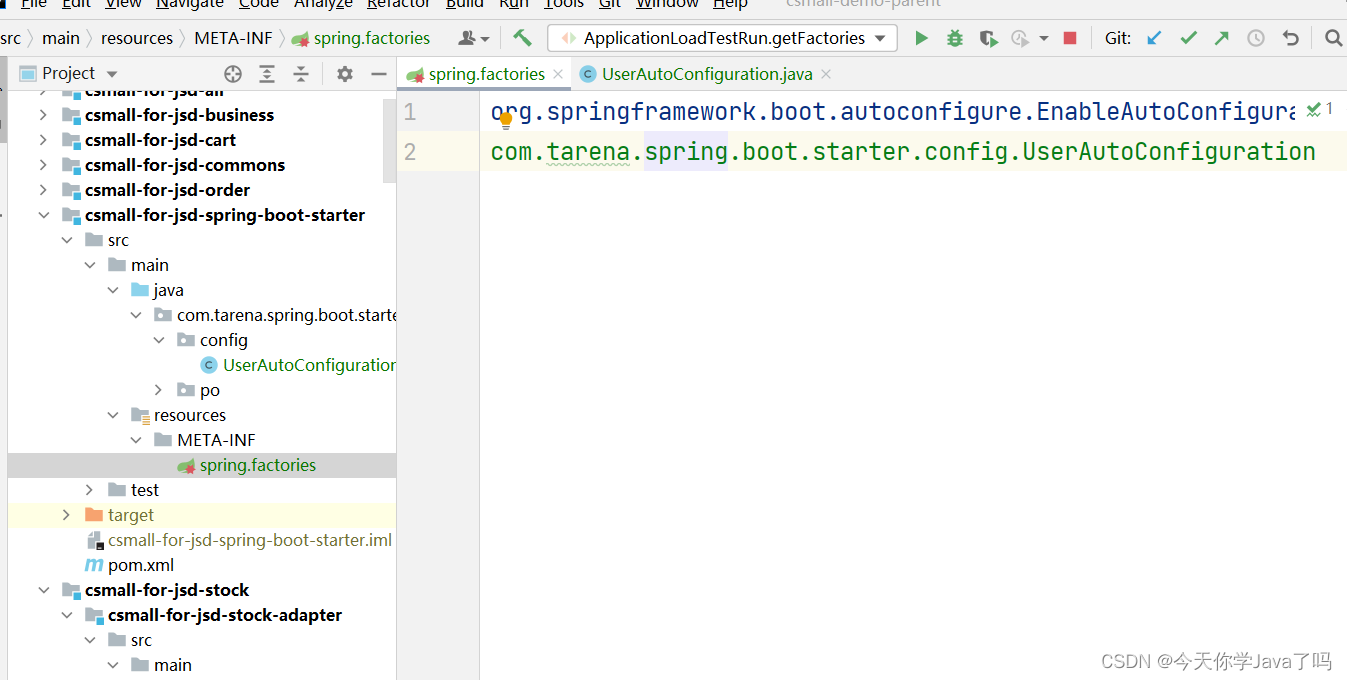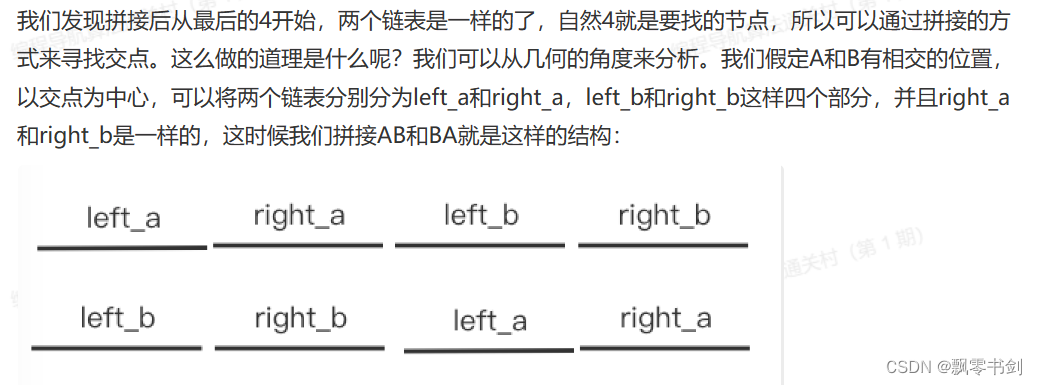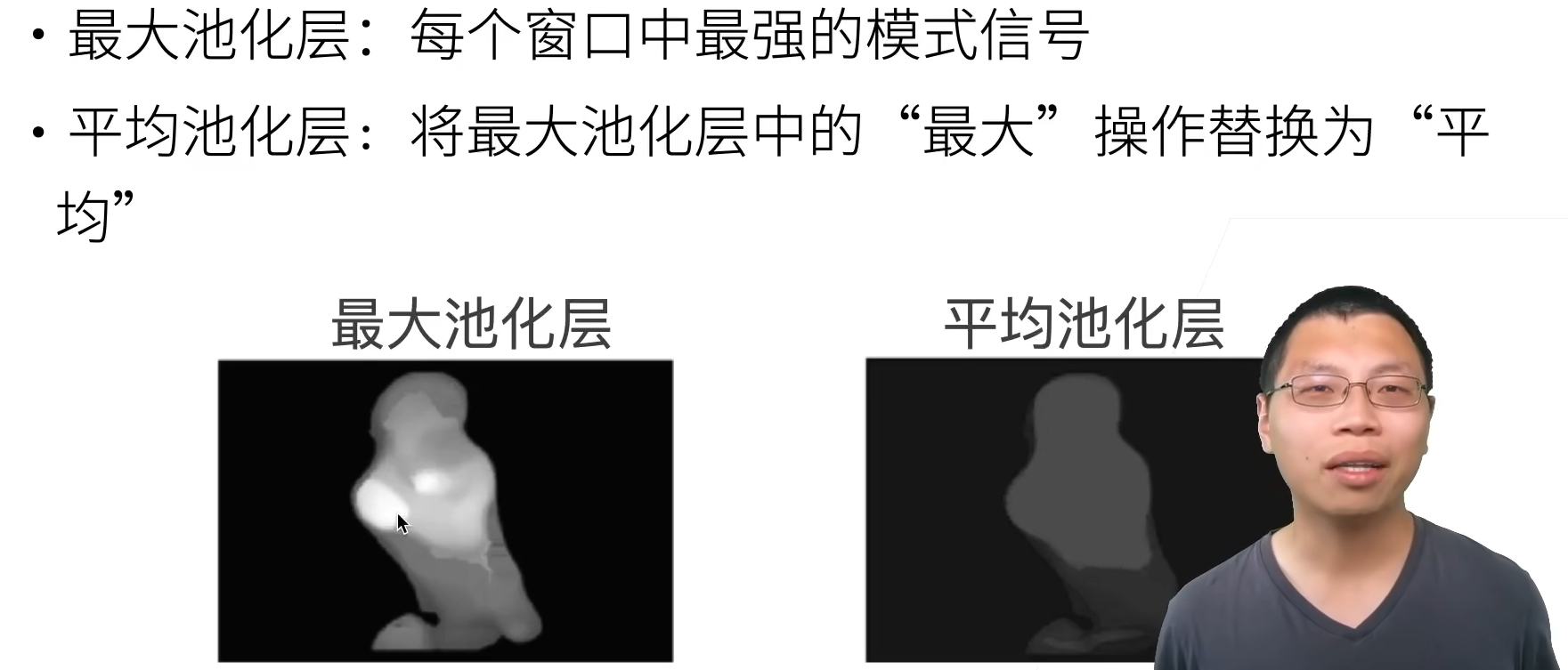
最典型的一个场景,自动翻译软件,输入中文,输出对应的英文,输入英文,输出对应的中文。
可以用一颗搜索二叉树来实现这一功能。
K->key V->val
基础结构和普通搜索二叉树保持一致,只是成员多了一个_val,模板也多了一个参数V。
还不知道二叉搜索树的可以看我另外一篇博客。
namespace kv
{
template<class K, class V>
struct BSTreeNode
{
BSTreeNode<K, V>* _left;
BSTreeNode<K, V>* _right;
K _key;
V _value;
BSTreeNode(const K& key, const V& value)
:_left(nullptr)
, _right(nullptr)
, _key(key)
, _value(value)
{}
};
template<class K, class V>
class BSTree
{
typedef BSTreeNode<K, V> Node;
public:
bool Insert(const K& key, const V& value)
{
if (_root == nullptr)
{
_root = new Node(key, value);
return true;
}
Node* parent = nullptr;
Node* cur = _root;
while (cur)
{
if (cur->_key < key)
{
parent = cur;
cur = cur->_right;
}
else if (cur->_key > key)
{
parent = cur;
cur = cur->_left;
}
else
{
return false;
}
}
cur = new Node(key, value);
if (parent->_key < key)
{
parent->_right = cur;
}
else
{
parent->_left = cur;
}
return true;
}
Node* Find(const K& key)
{
Node* cur = _root;
while (cur)
{
if (cur->_key < key)
{
cur = cur->_right;
}
else if (cur->_key > key)
{
cur = cur->_left;
}
else
{
return cur;
}
}
return nullptr;
}
bool Erase(const K& key)
{
//...
return true;
}
void InOrder()
{
_InOrder(_root);
cout << endl;
}
private:
void _InOrder(Node* root)
{
if (root == nullptr)
{
return;
}
_InOrder(root->_left);
cout << root->_key << ":" << root->_value << endl;
_InOrder(root->_right);
}
private:
Node* _root = nullptr;
};
测试一下功能:
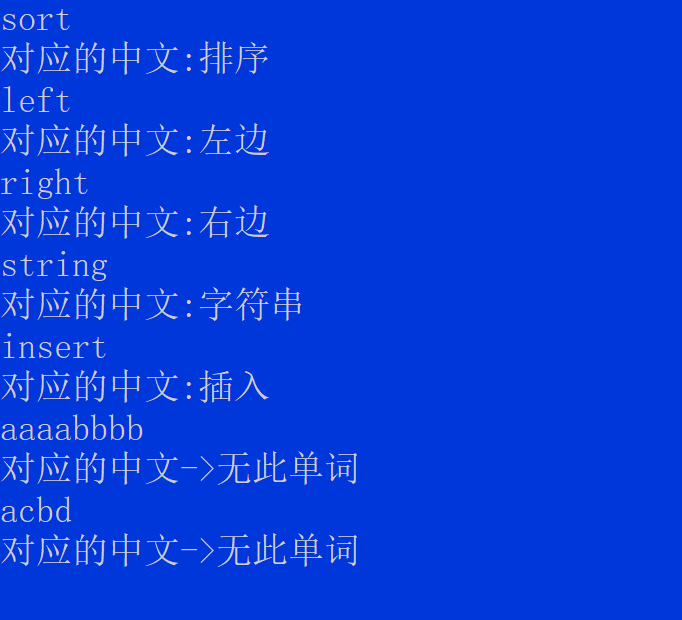
如果要实现一个统计单词个数的呢?
那么就构造一个
<string,int>类型的就好了,string记录单词,int记录个数。
void TestBSTree2()
{
string arr[] = { "香蕉", "苹果", "香蕉", "草莓", "香蕉", "苹果", "苹果", "苹果" };
BSTree<string, int> countTree;
for (auto& str : arr)
{
//BSTreeNode<string, int>* ret = countTree.Find(str);
auto ret = countTree.Find(str);
if (ret)
{
ret->_value++;
}
else
{
countTree.Insert(str, 1);
}
}
countTree.InOrder();
}
总和代码:
#include<iostream>
using namespace std;
namespace kv
{
template<class K, class V>
struct BSTreeNode
{
BSTreeNode<K, V>* _left;
BSTreeNode<K, V>* _right;
K _key;
V _value;
BSTreeNode(const K& key, const V& value)
:_left(nullptr)
, _right(nullptr)
, _key(key)
, _value(value)
{}
};
template<class K, class V>
class BSTree
{
typedef BSTreeNode<K, V> Node;
public:
bool Insert(const K& key, const V& value)
{
if (_root == nullptr)
{
_root = new Node(key, value);
return true;
}
Node* parent = nullptr;
Node* cur = _root;
while (cur)
{
if (cur->_key < key)
{
parent = cur;
cur = cur->_right;
}
else if (cur->_key > key)
{
parent = cur;
cur = cur->_left;
}
else
{
return false;
}
}
cur = new Node(key, value);
if (parent->_key < key)
{
parent->_right = cur;
}
else
{
parent->_left = cur;
}
return true;
}
Node* Find(const K& key)
{
Node* cur = _root;
while (cur)
{
if (cur->_key < key)
{
cur = cur->_right;
}
else if (cur->_key > key)
{
cur = cur->_left;
}
else
{
return cur;
}
}
return nullptr;
}
bool Erase(const K& key)
{
//...
return true;
}
void InOrder()
{
_InOrder(_root);
cout << endl;
}
private:
void _InOrder(Node* root)
{
if (root == nullptr)
{
return;
}
_InOrder(root->_left);
cout << root->_key << ":" << root->_value << endl;
_InOrder(root->_right);
}
private:
Node* _root = nullptr;
};
void TestBSTree1()
{
BSTree<string, string> dict;
dict.Insert("sort", "排序");
dict.Insert("left", "左边");
dict.Insert("right", "右边");
dict.Insert("string", "字符串");
dict.Insert("insert", "插入");
string str;
while (cin >> str)
{
BSTreeNode<string, string>* ret = dict.Find(str);
if (ret)
{
cout << "对应的中文:" << ret->_value << endl;
}
else
{
cout << "对应的中文->无此单词" << endl;
}
}
}
void TestBSTree2()
{
string arr[] = { "香蕉", "苹果", "香蕉", "草莓", "香蕉", "苹果", "苹果", "苹果" };
BSTree<string, int> countTree;
for (auto& str : arr)
{
//BSTreeNode<string, int>* ret = countTree.Find(str);
auto ret = countTree.Find(str);
if (ret)
{
ret->_value++;
}
else
{
countTree.Insert(str, 1);
}
}
countTree.InOrder();
}
}








